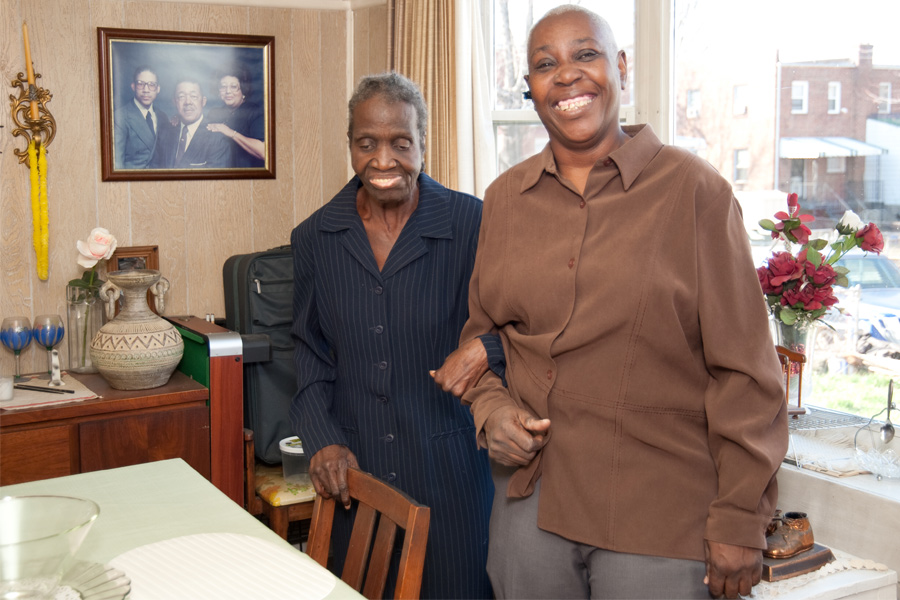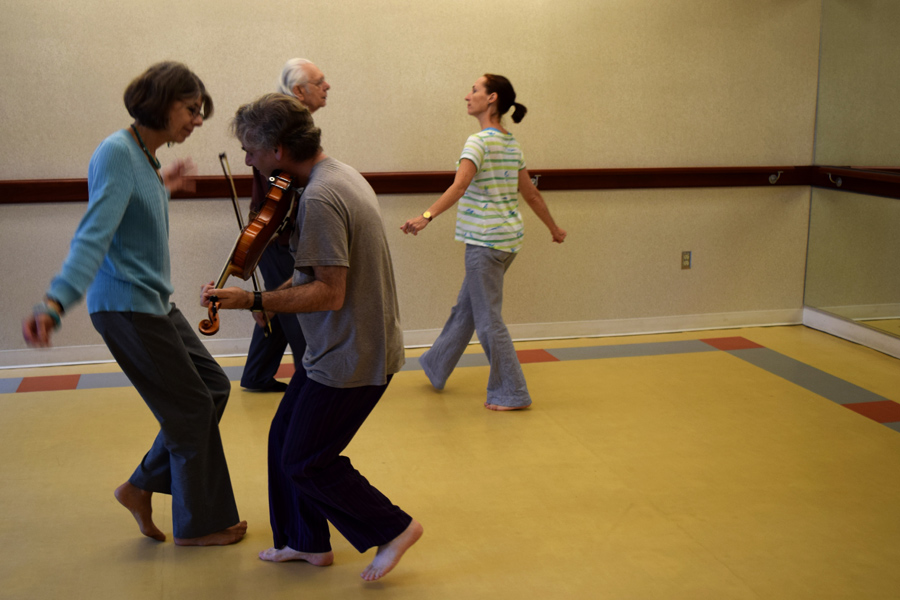Tips to Reduce Holiday Stress for People Affected by Dementia

The holiday season is upon us. Depending on your perspective, this may be one of your favorite times of the year or your least favorite, or maybe somewhere in between. In general, though, most would agree that stress levels can go up during this time. And if you’re living with dementia or caring for someone who has it, the holidays can be even more stressful than usual.
 The holidays can be busy and intense, and often entail traveling to places you may not get to very often, attending crowded gatherings like parties and worship services, seeing family and friends you may not have seen in a while, purchasing and giving gifts, preparing food items to contribute to a meal, or even hosting a gathering. Such activities can be stressful in and of themselves, but dementia can sometimes make them seem overwhelming and not worth doing.
The holidays can be busy and intense, and often entail traveling to places you may not get to very often, attending crowded gatherings like parties and worship services, seeing family and friends you may not have seen in a while, purchasing and giving gifts, preparing food items to contribute to a meal, or even hosting a gathering. Such activities can be stressful in and of themselves, but dementia can sometimes make them seem overwhelming and not worth doing.
Additionally, feelings of sadness, anxiety, and frustration can understandably arise as you realize how life has changed because of dementia. You might even decide to stop engaging in holiday events altogether.
But staying socially active is good for your brain (see previous blog post for maintaining brain health here) and your mood. The social, culinary, musical, spiritual, and other aspects of this time of year can be beneficial for everyone involved.
So, if celebrating the holidays is something you’ve done in the past, consider continuing to do so. Planning ahead and being realistic about what’s possible can make them meaningful, enjoyable, and less stressful.
Planning Ahead
- Think of ways the person who has dementia can continue to participate in holiday preparations, such as home decorating, signing and opening cards, helping with food preparation, picking out music to play, and reminiscing about past holidays and traditions, especially from their youth.
- If a get-together is planned, help manage the expectations of family and friends who will be there by giving them an update about what the person living with dementia and their caregiver are able to do and not able to do. This also includes being able to set limits and say “No” to requests, if needed (see Taking Care of Yourself below).
- A person who has dementia can sometimes become disoriented and anxious when visiting an unfamiliar place and/or when attending a gathering with people they don’t recognize. Holding a get-together in a place that’s comfortable for the person who has dementia and that doesn’t involve a lot of traveling can reduce their anxiety, as can celebrating with people they know.
- Related to this, aim for smaller groups of people so that the person who has dementia doesn’t feel overwhelmed.
- If needed, schedule getting together with others at a time of day when the person who has dementia tends to be less confused (such as morning and early afternoon) if this is an issue.
Getting Together with Others
- Introduce the person living with dementia to others, even family and friends, if needed. Wearing name tags can be helpful.
- Involve the person who has dementia in conversations as much as they feel comfortable.
- Show the person who has dementia where the restroom is if the gathering is at an unfamiliar location and accompany them to it if needed.
- Limit stimuli like loud music.
- Be prepared and bring your “activity toolkit” in case the person with dementia gets confused, anxious, or agitated. This can include topics of conversation they usually respond positively to or an album of photos they recognize and can talk about with you. You might also try asking them for help with something, listening to familiar music together, or anything else that engages them.
Taking Care of Yourself
- Just as it’s important to be able to say “Yes” to invitations to get together with others or requests to do things during the holidays, it’s also important to be able to say “No” if you’re not feeling up to it. You may not be able to host a party for 20, or go to 20 holiday parties, or bake 20 fruit cakes like you may have done in the past, but maybe there’s another way you can stay connected with others and engaged in activities.
- It’s also important to be able to ask for help if you have dementia or care for someone who does. Knowing your limits can help reduce stress. Family, friends, and even paid professionals like home health aides can help with cooking, shopping, and cleaning. They can also support the caregiver by staying with the person living with dementia while the caregiver does what they need to do to take care of their self.
- Another form of self-care is being able to talk about the stress you’re experiencing with a friend, your doctor, faith leader, geriatric care manager, or mental health professional. Iona offers care management services, individual counseling, and a variety of support groups for people affected by dementia.
Happy Holidays!
By Bill Amt, LICSW
Bill Amt, LICSW, is a licensed clinical social worker and is the Mental Health and Support Groups Program Manager at Iona Senior Services. As a psychotherapist he works with older adults and caregivers who are coping with the emotional challenges of aging, and he also leads support groups for caregivers and people diagnosed with early-stage dementia. He has a Master of Social Work degree from The Catholic University of America.
Related Articles

The Stories of Dementia in the District

A Couple’s Vows Create Opportunities to Age Well

Can You Imagine Taking Three Buses to Get to Iona?

